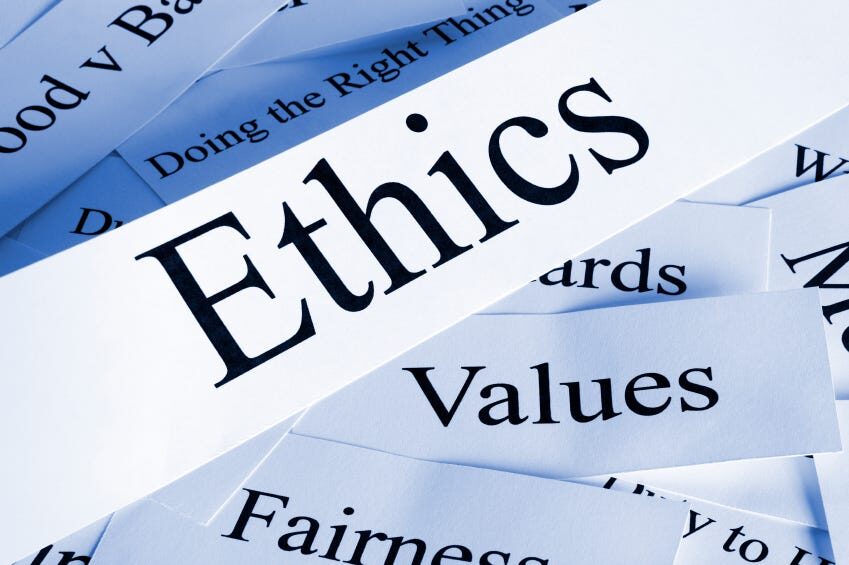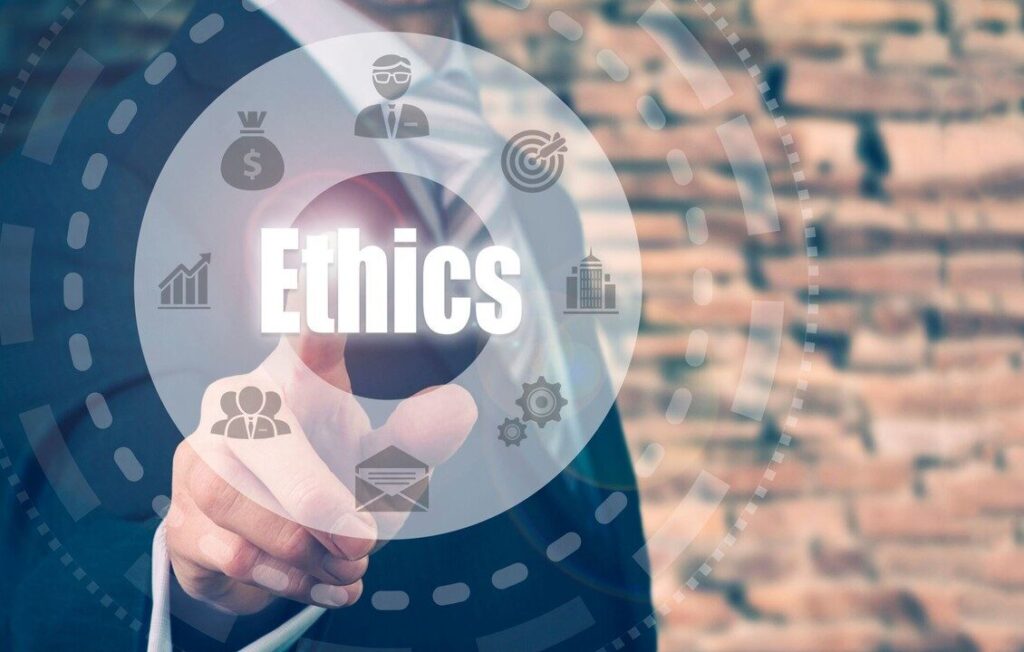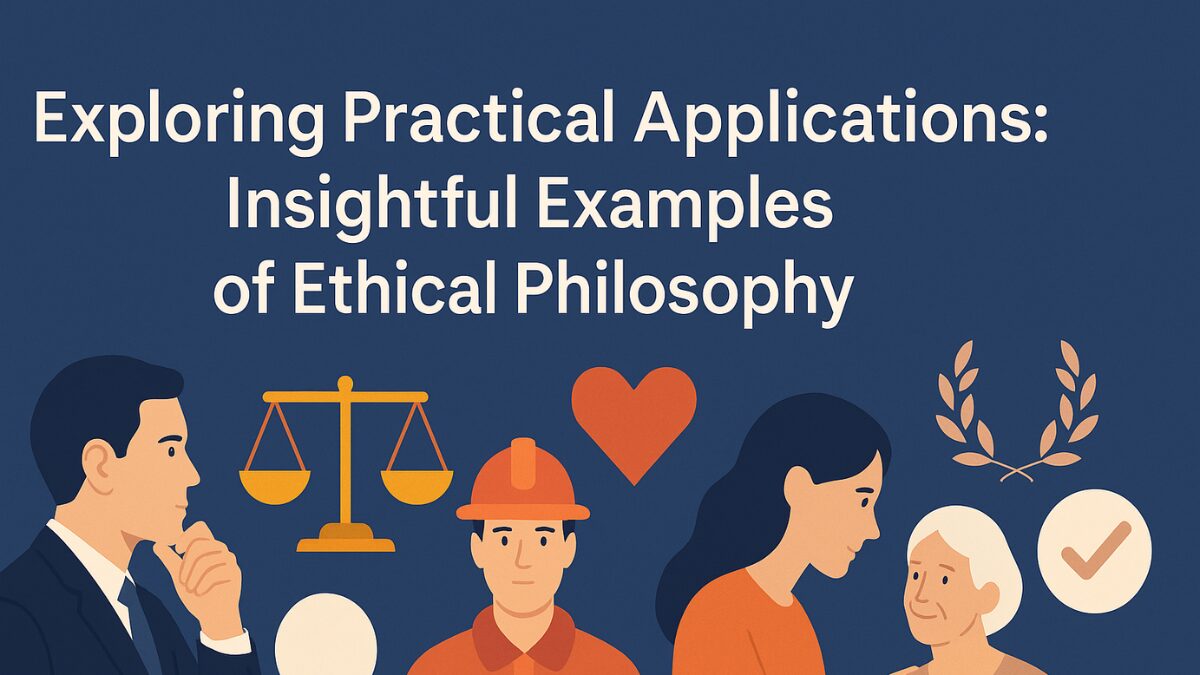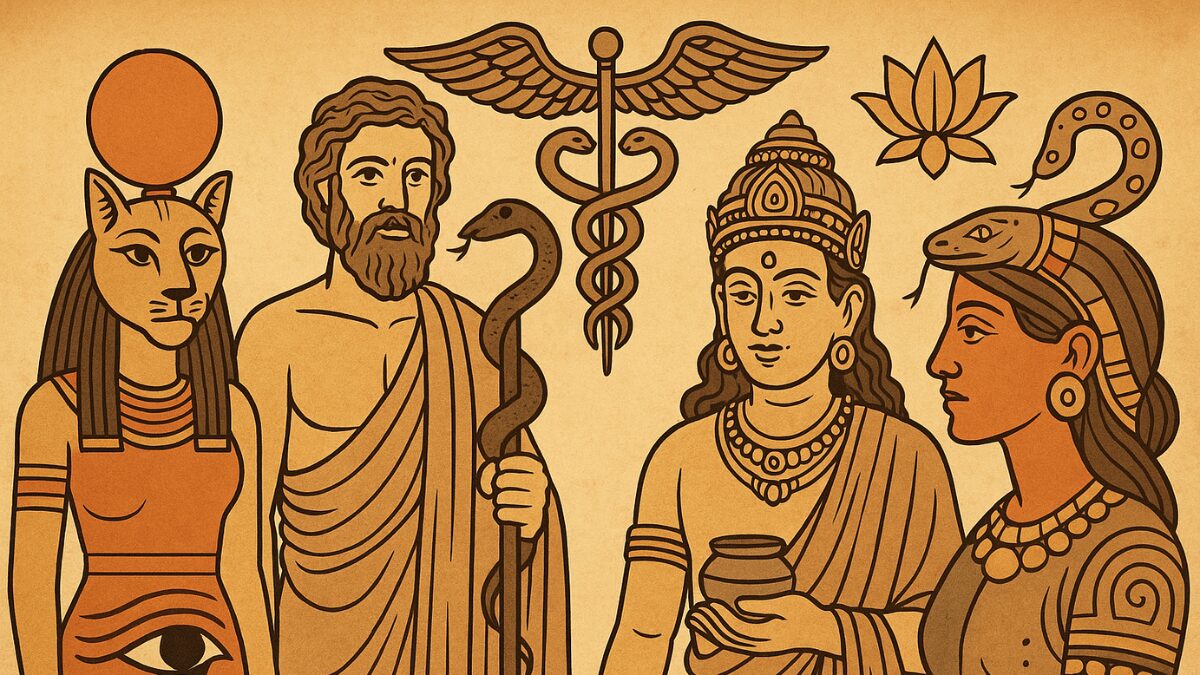Discover how ethical philosophy applies in real-world scenarios. This detailed guide explores practical applications and insightful examples that make moral theory relevant and actionable.
Introduction
Ethical philosophy, or moral philosophy, is often seen as an abstract discipline reserved for scholars and academics. However, ethics permeates our daily lives, influencing how we interact with others, make decisions, and shape societies. Exploring practical applications: insightful examples of ethical philosophy can transform this seemingly theoretical subject into a meaningful guide for personal and professional conduct.
Whether it’s deciding whether to tell a white lie or determining corporate responsibility in a business setting, ethics plays a crucial role. This article delves into various schools of ethical thought and demonstrates how they are applied in real-life situations.
What Is Ethical Philosophy?
Ethical philosophy is the branch of philosophy that examines questions about morality—what is right and wrong, good and bad, fair and unfair. Philosophers have proposed different theories over centuries to understand the nature of ethical behavior.

Main Branches of Ethical Philosophy:
| Ethical Theory | Description |
|---|---|
| Utilitarianism | Focuses on the outcome; actions are right if they promote happiness. |
| Deontology | Emphasizes duties and rules rather than consequences. |
| Virtue Ethics | Centers on the character and virtues of the person acting. |
| Care Ethics | Prioritizes relationships and care in moral reasoning. |
| Moral Relativism | Asserts that moral standards are culturally or individually determined. |
Each of these theories provides a framework for addressing moral questions and evaluating human actions.
Utilitarianism in Practice: The Greater Good
Utilitarianism, founded by thinkers like Jeremy Bentham and John Stuart Mill, evaluates actions based on their consequences. A decision is morally right if it produces the greatest happiness for the greatest number.

Example:
In public health, utilitarian ethics justify mandatory vaccinations to protect the broader community. Though it may infringe on individual liberty, the overall benefit to public safety takes precedence.
Similarly, in business, companies may implement automation to increase efficiency, knowing some jobs will be lost. However, if the benefits—like reduced costs and improved services—outweigh the drawbacks, the decision is ethically justifiable under utilitarian logic.
Deontology: Doing the Right Thing Regardless of Outcome
Deontological ethics, most famously advanced by Immanuel Kant, stresses the importance of following moral rules. It asserts that some actions are inherently right or wrong, regardless of consequences.

Example:
A journalist refuses to reveal a confidential source, even when doing so might stop a crime. From a deontological perspective, maintaining trust and honoring confidentiality are moral duties that cannot be compromised.
In law, deontology is evident in constitutional protections of rights. Even if punishing an innocent person might calm a riot, the act would be morally wrong due to the breach of individual rights.
Virtue Ethics: Character First
Originating from Aristotle, virtue ethics focuses not on the action or consequence but on the character of the individual. Being ethical means cultivating virtues like honesty, courage, and compassion.
Example:
A firefighter rushing into a burning building to save a stranger demonstrates courage, a key virtue. Their action isn’t weighed on utility or rules but on embodying a moral trait.
In education, teachers who go above and beyond to support struggling students showcase the virtue of compassion, making them ethical role models.
Care Ethics: The Power of Empathy and Relationships
Emerging from feminist philosophy, care ethics emphasizes the importance of relationships and emotional intelligence in moral reasoning.

Example:
A nurse who takes extra time to comfort a terminally ill patient is acting ethically according to care ethics. The emotional bond and act of kindness go beyond medical protocol.
This philosophy is also relevant in parenting, where moral decisions often depend on nurturing relationships rather than abstract rules or outcomes.
Moral Relativism: Ethics Vary Across Cultures
Moral relativism argues that what is considered morally right or wrong depends on cultural or individual perspectives.
Example:
While polygamy may be unethical in some societies, it is acceptable in others. A relativist approach avoids imposing one culture’s standards on another.
In international business, companies often encounter moral dilemmas involving differing labor standards. Relativism helps navigate these complexities by encouraging cultural sensitivity.
Ethical Philosophy in the Workplace
Workplaces provide fertile ground for ethical decisions that affect employees, stakeholders, and society at large.

Common Workplace Dilemmas:
- Conflicts of Interest: Choosing transparency over personal gain.
- Whistleblowing: Reporting unethical behavior despite potential backlash.
- Diversity and Inclusion: Creating equitable opportunities regardless of background.
- Sustainability: Adopting eco-friendly practices, sometimes at higher costs.
These decisions are best informed by applying ethical frameworks. For instance, a manager refusing to falsify data shows deontological ethics, while implementing eco-policies aligns with utilitarianism.
Ethical Philosophy in Technology and AI
As technology advances, ethical questions grow more complex. From data privacy to algorithmic bias, the decisions tech companies make have far-reaching effects.
Example:
AI systems used in hiring must be fair and unbiased. Ethically, companies have a duty (deontology) and a responsibility to maximize societal benefit (utilitarianism) by ensuring equitable treatment.
The philosophy of ethics guides developers and policymakers in navigating these moral minefields responsibly.
Real-Life Scenarios and Their Ethical Philosophical Lens
Here’s a table summarizing everyday situations with their corresponding ethical philosophy:
| Scenario | Ethical Lens | Explanation |
|---|---|---|
| Donating to charity instead of buying a new gadget | Utilitarianism | Maximizes happiness for those in need. |
| Telling the truth even if it hurts | Deontology | Telling the truth is a moral duty. |
| Helping a colleague despite workload | Virtue Ethics | Embodies helpfulness and compassion. |
| Spending time with a grieving friend | Care Ethics | Focuses on the emotional bond and empathy. |
| Respecting local customs during travel | Moral Relativism | Avoids judging based on one’s cultural background. |
Why Ethical Philosophy Matters Today
In an increasingly interconnected and fast-paced world, ethical philosophy is more relevant than ever. It empowers individuals to:

- Make consistent and justifiable decisions.
- Reflect deeply on the consequences of actions.
- Build meaningful relationships through empathy.
- Cultivate virtues that contribute to a better society.
Understanding and exploring practical applications: insightful examples of ethical philosophy not only enhances personal integrity but also supports a more ethical global culture.
FAQs: Insightful Questions About Ethical Philosophy Applications
- What is the most commonly applied ethical theory in business?
Utilitarianism is widely used due to its focus on outcomes and profit maximization. - Can ethical philosophy change over time?
Yes, as societies evolve, so do interpretations of ethical behavior. - Is there a universal ethical principle everyone follows?
While some values like honesty and fairness are widely accepted, complete universality is rare. - How is ethical philosophy different from religion?
Ethics can be secular and based on reason, while religion involves faith and divine authority. - Do laws always align with ethical philosophy?
Not always. Laws may lag behind ethical progress or reflect societal biases. - Can AI systems be ethical?
AI follows programmed rules, but ethical behavior involves human judgment and values. - Why is care ethics gaining popularity?
It values emotional intelligence and relationships, which are increasingly important in modern life. - What’s the best ethical approach for resolving conflict?
It depends on context, but combining care ethics and virtue ethics often proves effective. - Is ethical philosophy taught in schools?
It is increasingly included in curriculums to promote critical thinking and moral reasoning. - Can children understand ethical philosophy?
Yes, when presented with relatable scenarios, children can grasp basic ethical concepts.
Conclusion
Exploring practical applications: insightful examples of ethical philosophy reveals that moral theory isn’t just an academic exercise—it’s a practical tool for navigating real life. From the workplace to personal relationships, ethics helps us evaluate decisions, consider others, and act with integrity.
By applying theories like utilitarianism, deontology, virtue ethics, care ethics, and moral relativism, we gain clarity in decision-making and contribute to a more just and empathetic world. The next time you’re faced with a tough choice, remember that philosophy is not just a subject—it’s a guide to living better.










